The (Not So) Subtle Art of "Plantsing"
Recently, Mirriam had a post up about "pantsing" or writing without an outline. Generally, writers are sorted into two camps: plotters (who outline) and pantsers (who don't), but over the years I've come to see myself as something in the middle. A "plantser" if you will. When I mentioned this in relation to Mirriam's advice, another commenter asked if I had anything more to say about this middle ground, so here is some advice for those of you who find yourself needing to plot things out, but not to the extremes that you've seen many plotters advise.
Plan Some, Not All
The largest contrast between plotting and plantsing is the amount of planning you do beforehand. Bare minimum, you should have your characters, the basic setting (don't worry if all the details are missing, but know if you're in city/country, magic/technology, etc.), and a beginning and/or ending in mind before you sit down. This doesn't mean you have to know every character who will show up in the story figured out before you begin. It just means you need to have your MAIN character figured out a little and probably some of the characters they'll meet early on.Prepare to be Surprised
The biggest joy of plantsing is that you can come into a story that you have pretty well figured out, even if it isn't outlined all the way, and it can still surprise you. Why can it surprise you? Because as you work on the day's chapter or scene, a new character shows up or a piece of dialogue you hadn't considered lends itself to new meanings for the characters involved. Some people (usually plotters) call this discovery writing, and they use it as a way to figure out why a story isn't working or what direction it needs to go in. For plantsers, this is our bread and butter (for full-fledged pantsers, too). If this new character or direction throws off what you'd planned before, that's okay. Remember the immortal words of Leonard Snart:Reread When You're Stuck
This is pretty good advice for any writer, but I think it applies to middle grounders like myself especially because we tend to have a destination in mind, but can't always remember which exit we took. If you refresh your memory of what's come before, you can better figure out where you need to go next to reach your destination (and yes, sometimes the destination changes).
Be Prepared for Change, But Don't Accept Every Change
Sometimes the new direction you take is just what the story needed, and sometimes you have to back up and get back on the track you originally made. Sometimes you'll know the difference all at once, and sometimes you'll be a few drafts in and think, "Whatever happened to X. That's what this scene needs." Remember, we're plantsers. We do plan things out a little bit, and sometimes the plan doesn't need to be thrown out.
A few more general bits of advice if you think you might be more of a plantser than at either extreme:
- Read Steven James' book Story Trumps Structure; this is literally the best book on writing I have read. It's perfect for anyone who is even a little bit of a pantser, and will probably help even the staunchest of plotters rejuvenate their own writing.
- Outline your later drafts (assuming you don't start them from scratch); this way you can know just what needs to be changed where and how it will affect the rest of the book.
- Begin with characters arcs in mind, even if you wind up with different ones later on. Just having an idea of where a character needs to grow can help you start them off strong and dynamic.
- Don't fret the days where writing takes more than it did yesterday; you're going to have to work through things like Mirriam said in her post.
- Whatever mode you're in on a given writing day, enjoy it. Whether you're primarily writing from your notes or flying through that new plotline that came to you in the shower, enjoy it. Take your joy from the process, even when the process is tough.
One last piece of advice. Carry a notebook with you everywhere. If that's not practical, use your phone to take notes. Because the biggest thing about being a plantser is that you're constantly telling yourself the stories of your characters, revising the plots and the worldbuilding, and generally making your story stronger. So write down anything and everything that you think of relating to your story; that way you don't forget it and (probably) won't find yourself in the awkward position of not remembering if so and so died in the last draft or such and such's magic suddenly shifted elements.
That's all for today. Thanks for reading and I hope this gives you some direction for your next writing project!

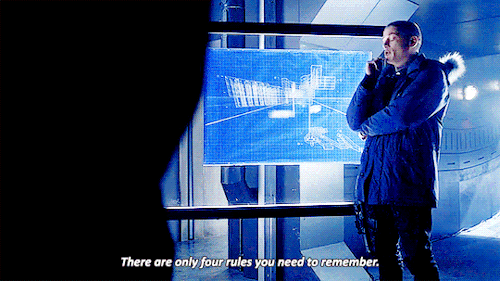
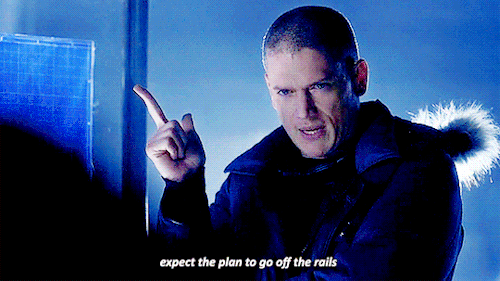
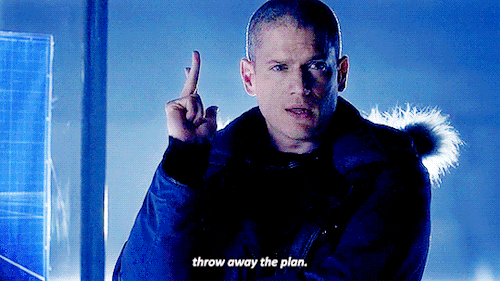
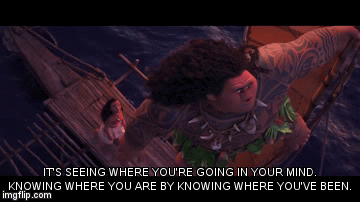

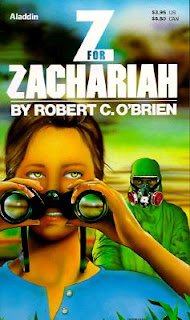

Another Plantser. I have an outline - but not scene by scene. I know each leg of the journey but not how they are going to get there. It's fun writing and seeing what happens to trigger each event.
ReplyDeleteFor example, my current WIP outline says: "Ember demands to go to the ancient Vinden city but the older Venner are bound by the Vinden’s Command to never go there. Cole and the younger Venner are intrigued (and not bound by the Vinden’s Command) and debate the trip. Ember decides to go regardless saying they cannot stop her as she is Vinden and will Command if pressed. As her Keeper, Cole has no choice but to accompany her."
I had no idea this plot point would involve the Venner locking Ember in her room for her own safety and her struggling to master Commanding and eventually attempting a jailbreak dangling out her window. And Cole finally agreeing to accompany her because she is so reckless plus she is dangerously close to mastering Commanding, though she doesn't realize it.